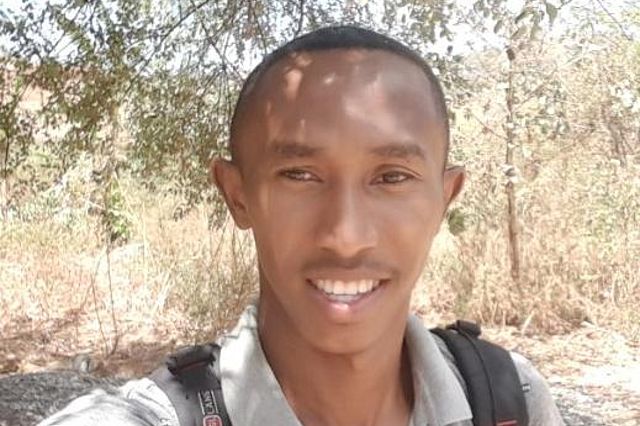Dr. Sento Noa from Madagascar Visits UW/H as Part of an International Research Partnership
Dr. Sento Noa from Madagascar Visits UW/H as Part of an International Research Partnership
With the help of the DAAD STIBET scholarship, Dr. Sento Noa, a young medical professional from Madagascar, was able to spend two months at UW/H, where he worked with the Team of the Friede-Springer endowed professorship for Global Child Health. In an interview with the International Office, Dr. Noa told us what made him decide to leave Madagascar for the first time in his life, “a leap into the unknown” during a global pandemic. He also speaks of the benefit “when people from different cultural backgrounds embark on a project together. It provides opportunities for intercultural exchange and helps to develop a true sense of teamwork”.
The main aim of Dr. Noas visit was to develop a research proposal to investigate the quality of care at child health facilities in Boeny district, Madagascar. Specifically, he wants to examine the time sick children and their caregivers spend during their pathway through the health facilities. This may identify gaps and inform policies to improve services. As a first step, Dr Noa is mapping all health facilities in the Boeny district, measuring distances and analysing health systems information of the district.
International Office: When did you first hear about Witten or Witten/ Herdecke University? Why did you decide to come to Witten?
Dr. Sento Noa: The first time I heard about the Witten/ Herdecke University was in December 2019, during an Emergency Triage Assessment and Treatment (ETAT) training for sick children in Mahajanga, the city in the North- West of Madagascar where I studied medicine. My mentor, Professor Diavolana, introduced me to the team of trainers to help with the end-of-session evaluations. Michael Galatsch was part of the team as an external evaluator and suggested to conduct one-on-one interviews with the participants a few weeks after the training. He asked me if I would be interested to be part of the team. After Michael went back to Witten we stayed in contact and successfully completed the evaluation. At one point, Michael and his team came up with another idea, moving on and building on the previous research. I came to Witten to develop a research proposal with Michael and the team of the Friede-Springer endowed professorship for Global Child Health.
International Office: Travelling to another country in the middle of a pandemic must be challenging. If so, what were these challenges and how did you overcome them?
Dr. Sento Noa: Correct. The trip is challenging. Firstly, I have never left Madagascar before. Even in Madagascar, I don’t travel much. If I travel, I mostly go to places I visited beforehand and following an itinerary already well- planned in advance. Secondly, this trip is in every way different from the ones I had done before. In addition to the distance to travel with few ideas of what to expect at the destination, there is the language barrier. I don't speak German and my knowledge of English is basic. For me, embarking on this trip was therefore, as far as I am concerned, a leap into the unknown. Thirdly, in addition to this uncertainty of jumping into the unknown, there is of course the context of COVID-19, which strongly impacts almost all our schedules. My visa application travelled between Madagascar, Tanzania, France and back to Madagascar. I don’t think this is the way it normally is. Then the uncertainties with the flights. They were re-scheduled back and forth. This also had to do with the different decisions made by the different government authorities and with the different measures of restrictions. Several times, we thought it is not going to happen at all. I had to re-arrange the schedules at my workplace at home repeatedly. In short, it was almost permanent stress!
Nevertheless, I am finally here, and I think it was worth it. You can have many speculations about a place. However, the best way to get to know it or to have even a vague idea of it is to go there directly. Visiting a new country, no matter what it is, leads to the discovery of new cultures and the acquisition of new knowledge. However, you must have the opportunity to do so. This research visit to Germany, offers me the first opportunity of staying in another country. The team members who proposed the idea of this trip worked hard to make it a reality, despite all the constraints already mentioned. It was for me a very great encouragement to embark on the journey. Finally, this research project, building on the ETAT training, fits perfectly with my objectives. It is an ambitious project aimed at training health care workers in child health care facilities of the Boeny Region. The region in North West Madagascar has about the size of 31 046 Km² inhabiting a population of about 931 171. We do relatively little research on the quality of health care services. I am a general practitioner in this region, and as a member of a small association working with children, I am very interested in this subject. On balance, the benefits will outweigh the difficulties we had by far.
International Office: Research partnerships provide excellent opportunities for intercultural exchange and academic knowledge sharing. Which personal and academic aspects are you particularly looking forward to?
Dr. Sento Noa: I work in the field of health and particularly school health. Education and health are linked closely. Likewise, quality care is a universal concept. I hope for an improvement in the quality of my practices and my relations with my patients. This will lead to better care. ETAT is an example of how we can achieve better quality and better outcomes by sorting and prioritizing patients’ treatment according to the severity of their conditions. As a clinician, there are especially the clinical aspect that attract me and I hope to improve my skills in approaching patients. I find it beneficial when people from different cultural backgrounds embark on a project together. It provides opportunities for intercultural exchange and helps to develop a true sense of teamwork, which is the basis of any institution. In addition, working with senior colleagues and researchers will advance my knowledge and experience in the field of research. This will help me in my future endeavours.
International Office: Where do you see the research partnership in five years? Which visions and which hopes do you have?
Dr. Sento Noa: We are in the development stages of the project. We are discussing ideas and want to develop a work plan. We want to start small, pilot, and if our plans turn out to be feasible, we can expand and scale up. Unfortunately, I can’t tell you more about it at this stage. We don’t want to make promises we can’t keep. It also depends how much funding we can attract.
International Office: Thank you, Dr. Noa and all the best for the future!
Dagmar Koch from the International Office, who helped enable Dr. Noa’s stay, was especially happy about the partnership. “We are particularly pleased that Mr. Noa stuck to his plan to come to Witten, despite all difficulties to cross the borders at the moment.“ She also underlined the importance of the STIBET program: “For the first time, UW/H was able to award a contact scholarship through the STIBET program of the German Academic Exchange Service. We think the ETAT-project (more below) of the Friede-Springer endowed professorship for Global Child Health is a fantastic example!”.
If you are interested in finding out more about the STIBET programme and opportunities for international research partnerships, please contact us: international-office@uni-wh.de
Article written by Lea Herrmann, Student Assistant, International Office.
Overview
Die Universität Witten/Herdecke ist durch das NRW-Wissenschaftsministerium staatlich anerkannt und wird – sowohl als Institution wie auch für ihre einzelnen Studiengänge – regelmäßig akkreditiert durch:







